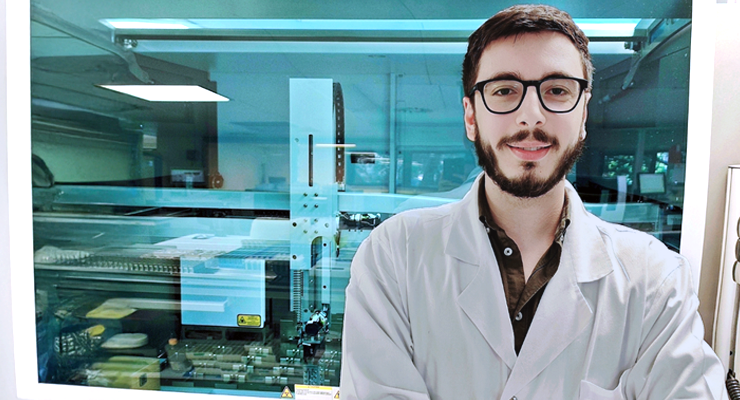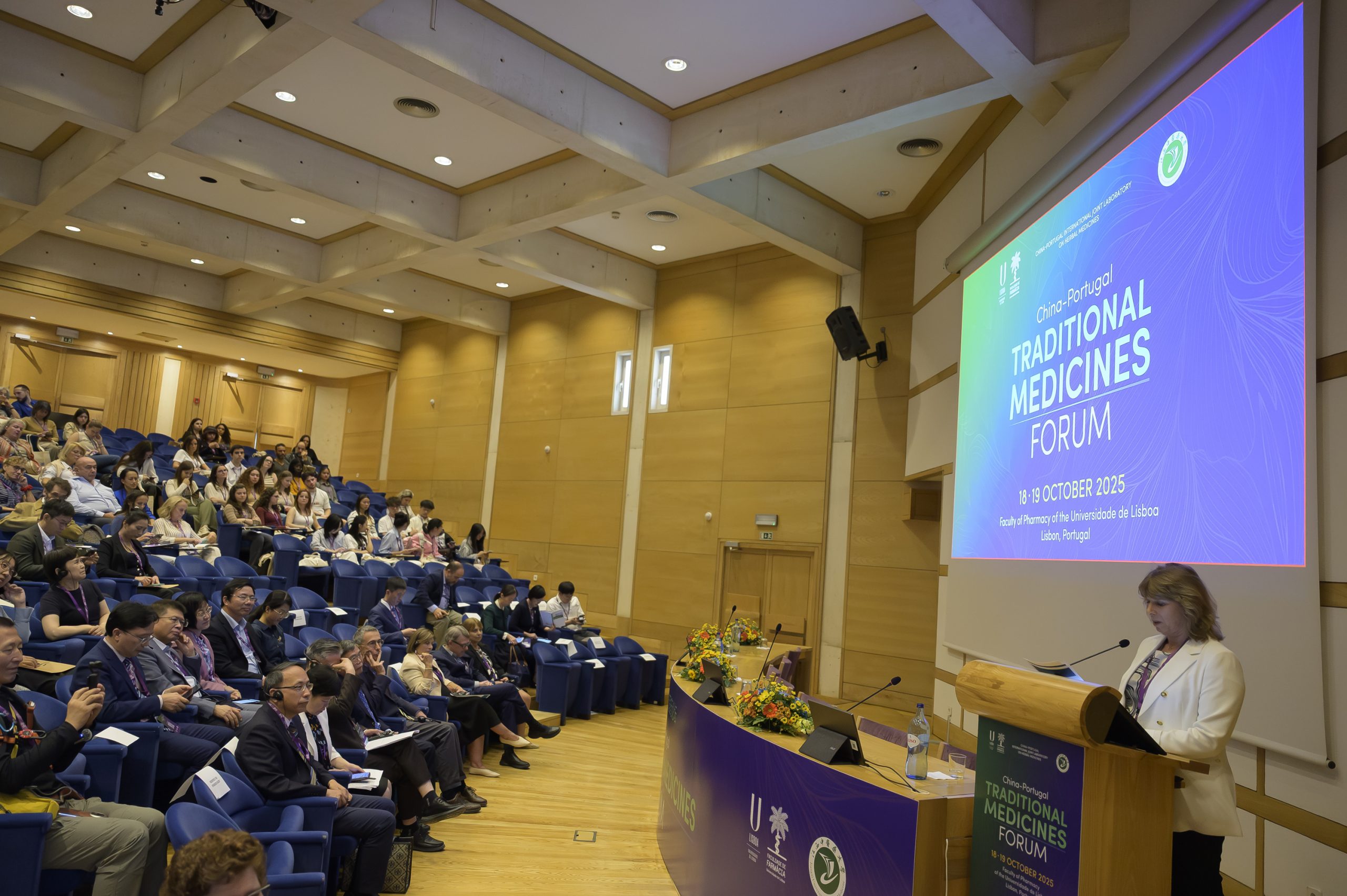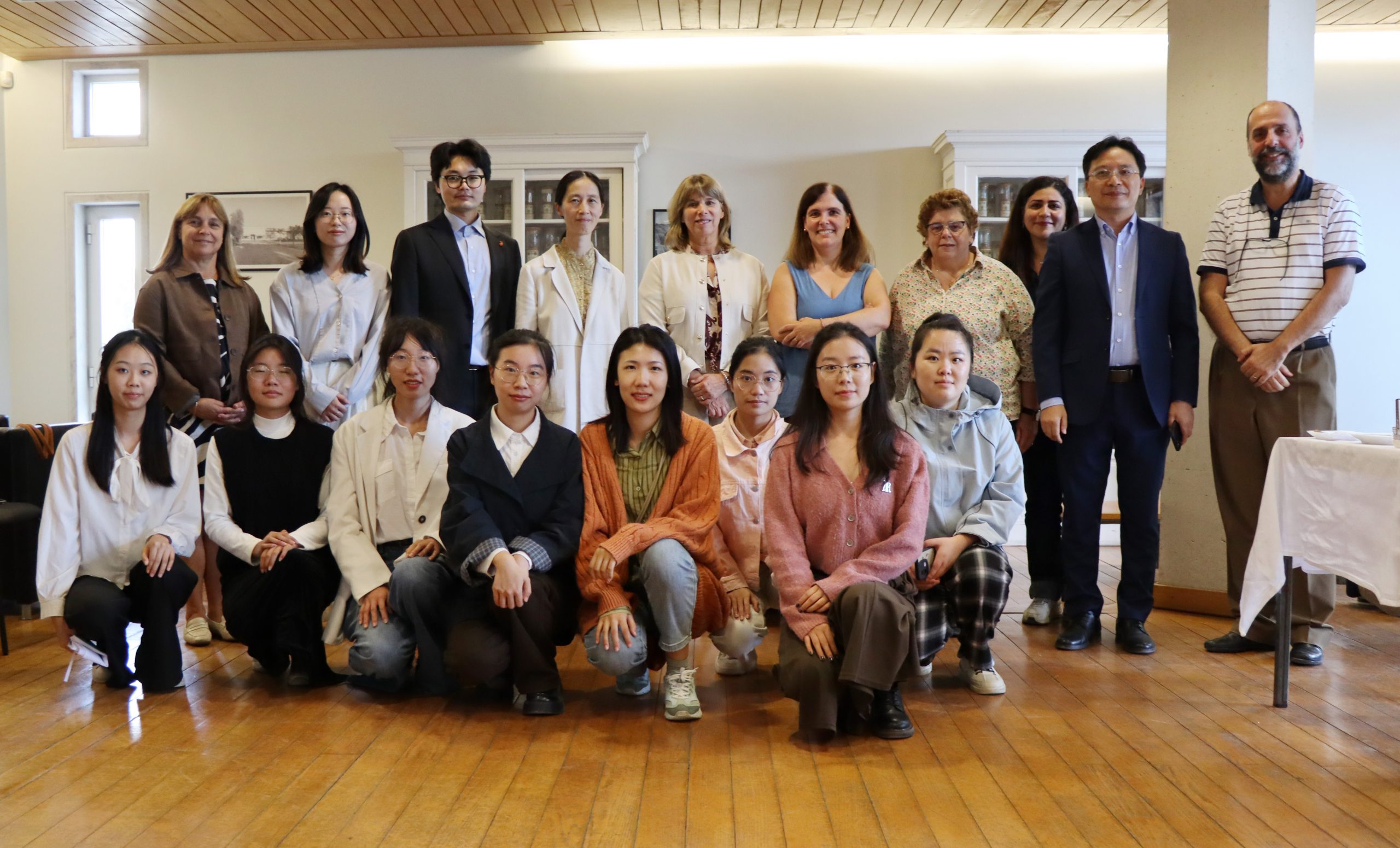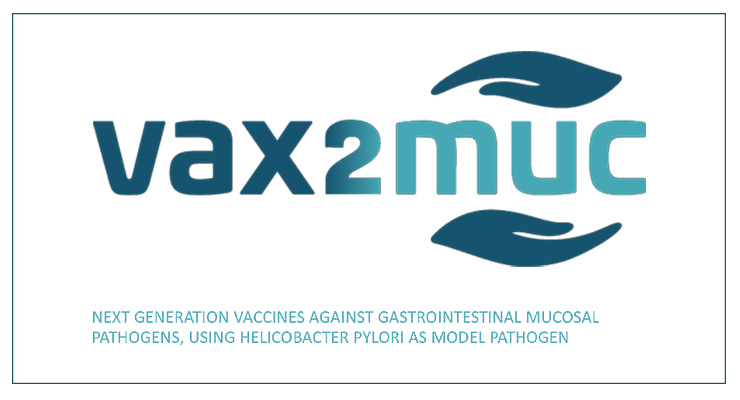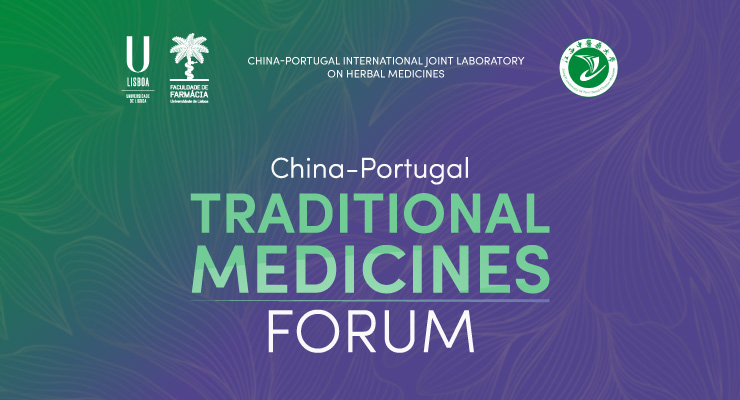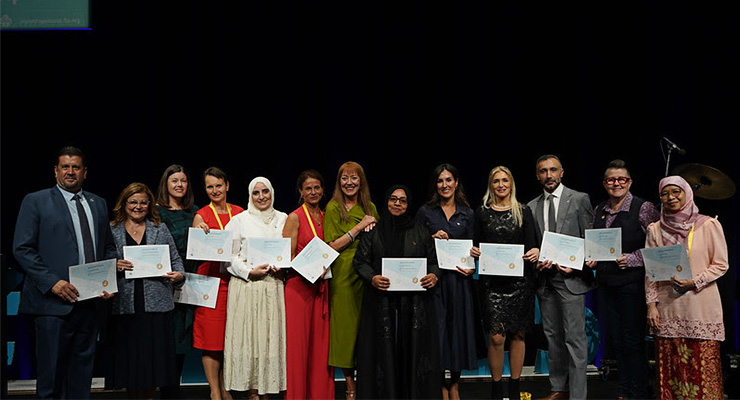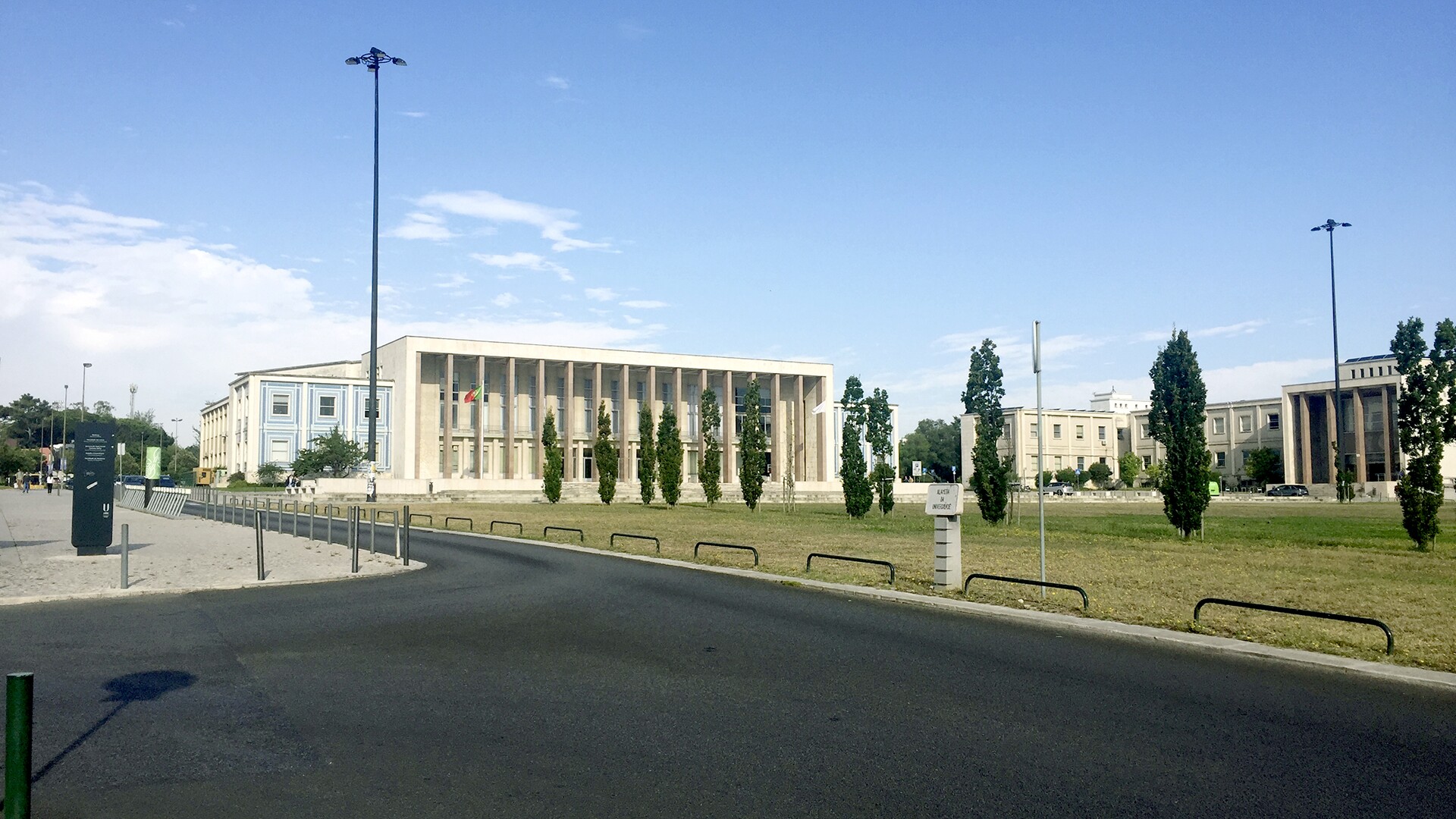João Franco-Machado, professor at the Faculty of Pharmacy of the Universidade de Lisboa (FFUL) and resident pharmacist at the Clinical Pathology Service of the Hospital de São Francisco Xavier, part of the Unidade Local de Saúde de Lisboa Ocidental, was awarded an honourable mention in the Portuguese Young Chemists Award 2025, awarded by the Sociedade Portuguesa de Química. The award recognises young Portuguese researchers under the age of 35 who have been awarded a doctorate for less than two years, valuing the scientific and social impact of their work.
João Franco-Machado completed his Integrated Master’s Degree in Pharmaceutical Sciences (MICF) at FFUL in 2016, the year in which he moved to Switzerland to work as a teaching assistant at the Federal Institute of Technology in Lausanne (EPFL). In 2017, he was internationally recognised as ‘Highly Commended in Chemical and Pharmaceutical Sciences’ at The Global Undergraduate Awards, under the patronage of the President of Ireland. Since 2024, he has also been a member of the scientific committee of PRESFAR, organised by the Sociedade Portuguesa de Farmacêuticos dos Cuidados de Saúde (SPFCS).
His PhD, completed in 2024 at the Faculty of Sciences of the Universidade de Lisboa (FCUL), focused on developing a new approach for the precision therapy of metastatic breast cancer, based on using “smart” metallodrugs that target the tumour and its metastases, without side toxicity towards the healthy tissues of the organism. Metastatic breast cancer is the most aggressive form of the most common and lethal tumour among women worldwide, for which there is no cure nor effective treatments. Novel ruthenium-peptide conjugates were developed, showing to be inactive during body biodistribution and selectively activated only at the target by stimulus of the tumour microenvironment, resulting in increased antineoplastic activity and selectivity for cancer cells. This work is covered by an international patent.
João Franco-Machado is currently working on research in clinical chemistry and inorganic medicinal chemistry, exploring new therapeutic approaches for kidney, heart and oncological diseases. The distinction in the Portuguese Young Chemists Award 2025 reinforces the recognition of his scientific contribution, with a growing impact on academia and society.

